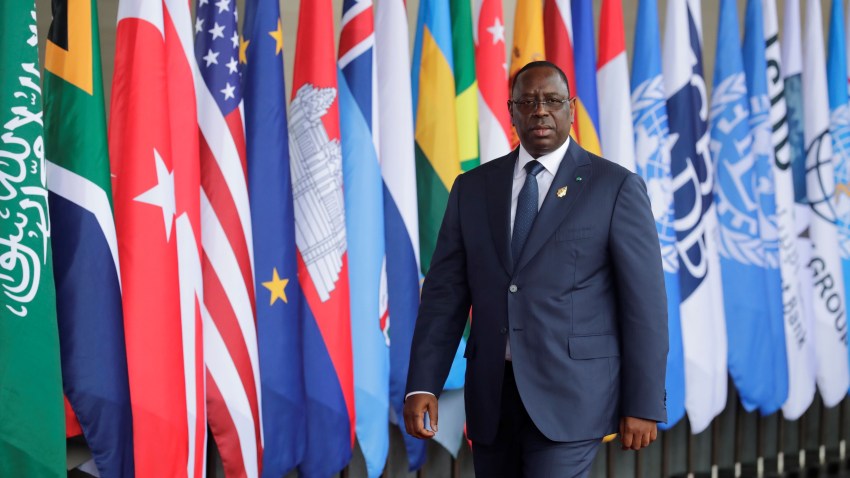The annual leaders’ summit of the Group of 20 nations, or G-20, convened this week in Bali, Indonesia. The two-day gathering took place against the backdrop of a global economy grappling with a looming recession, sky-high inflation rates and far-reaching interventions taken by central banks to steady domestic economies and stabilize currency markets. The summit also took place as the war in Ukraine enters its ninth month, relations between the U.S. and China remain strained and geopolitical fissures in the global order underscored by both those two trends continue to broaden. For leaders from countries in Africa and elsewhere in the Global South, the meeting was yet another opportunity to reiterate a message they have brought to many international forums this year, namely that intensifying competition among the world’s great powers and their allies is taking a toll on their own countries and hindering efforts at global cooperation needed to tackle the myriad issues they face.
Senegalese President Macky Sall, who also serves as the African Union’s rotating chairperson, announced on Twitter that the AU has applied to join the G-20. He added that the continental body’s membership will be considered at next year’s summit in India. He has previously called for an overhaul of global governance institutions and urged more inclusion of Africa’s voice on bodies like the United Nations Security Council and the G-20 itself. In an op-ed published earlier this year in Le Monde, Sall bemoaned Africa’s “invisibility” in global decision-making, arguing that the AU’s inclusion in the G-20 would provide mutual benefits to both Africa and the world. At this year’s U.N. General Assembly, he called for “Africa’s just and legitimate demand for Security Council reform” as well as “a fairer, more inclusive global governance, that is more adapted to the realities of our time.”
French President Emmanuel Macron announced that Paris will back “the full and complete integration of the African Union into the G20,” in the same way as the European Union is a member. “If we want to express real solidarity with the South, we must accept that the African Union, like the European Union, comes to the table,” he added.

